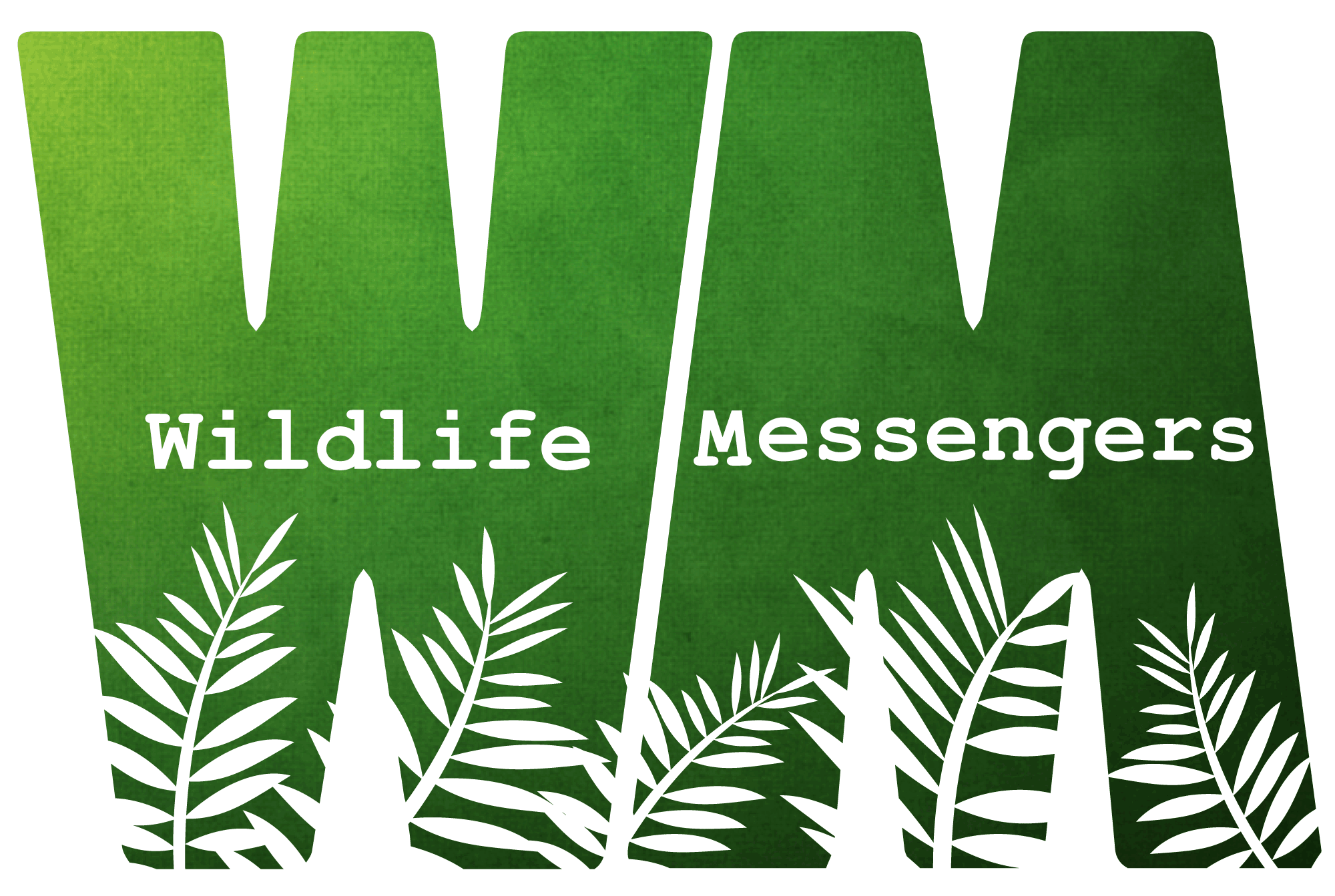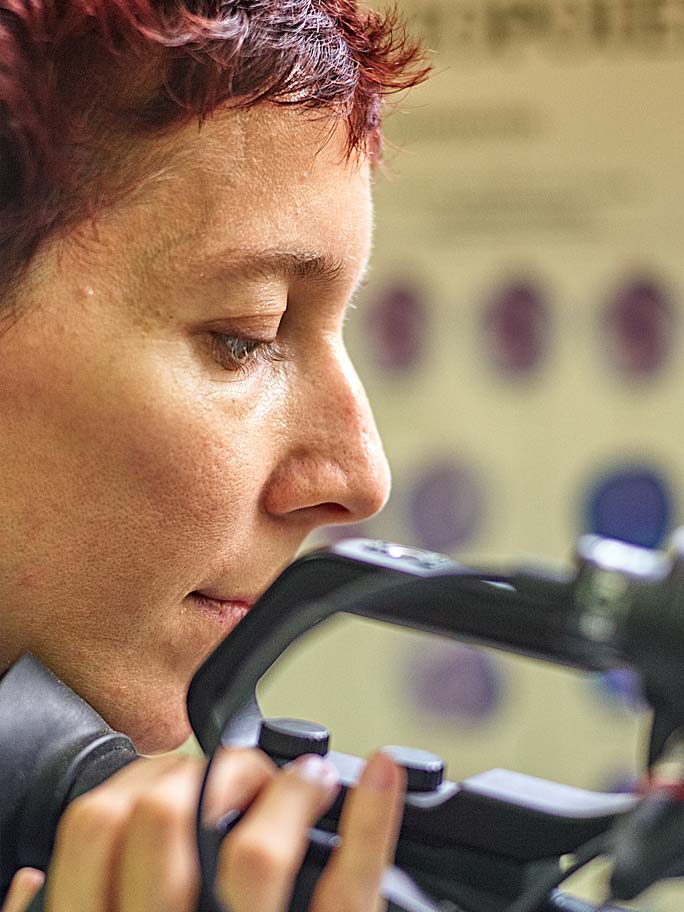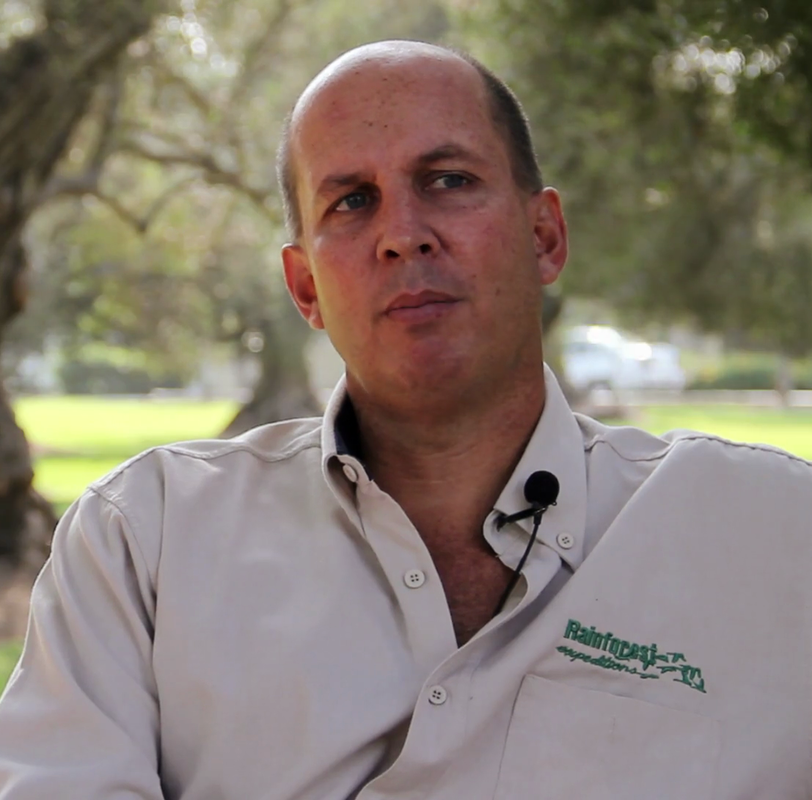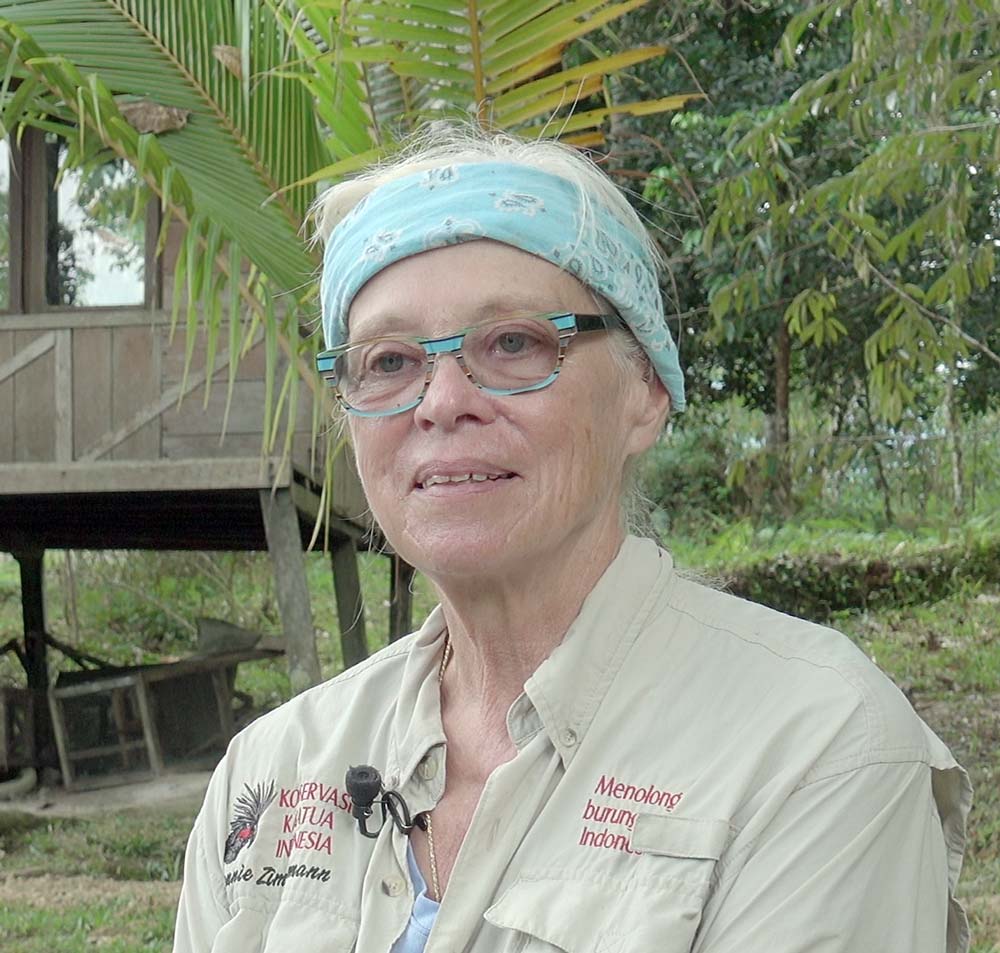





Wildlife Messengers is an 501(c)(3) non-profit organization. We convey messages from SCIENTISTS and CONSERVATIONISTS tailored to diverse target audiences, in order to raise AWARENESS, educate, and trigger action.
We choose film projects based on their importance for conservation and whether a resultant film can actually contribute to decision making and protection. Many of our projects take place in countries with lower industrial bases and concern topics that are not considered ‘profitable’ by mainstream media.
When starting a project, we always conduct thorough scientific background research by reviewing the latest academic and environmental literature surrounding the topic, and by liaising with experts, local communities, decision makers, and other organizations. Our aim is to understand as many aspects of a project’s contexts as possible.
We always seek the participation of local communities during the preparation, filming, and postproduction stages of a project. Collaborative capacity building is one of our goals because it is the local communities that are the most impacted by conservation issues and decisions and their acts affect nature conservation in a direct way.
To transmit the messages of local conservation issues, we use modern filming techniques to deliver great video quality, while we also advocate videos taken by local people. There are times when local footage obtained from a cell phone camera fits our goals better than arriving with a film crew. Our aim is to document, but to not disturb.
Wildlife Messengers is a 501(c)(3) nonprofit organization with the purpose of conserving wildlife and habitats through scientific research, on-the-ground action, and communication. We achieve these aims by conducting studies in disciplines such as conservation genetics and biology, by working with local communities to develop sustainable livelihoods, by safeguarding traditional knowledge, and by making scientific and educational films, photographs, and audio recordings. Many of our projects take place in countries with lower industrial bases. Our communications target national and international audiences including government authorities, non-governmental organizations, educational institutions, local and indigenous communities, and global audiences.
Before the establishment of Wildlife Messengers, all three cofounders had experiences with connecting media and conservation. They realized that there is a bridge between the scientific work and active conservation activities. Knowledge from scientific research should be conveyed not only to other scientists but also to general audiences and to decision makers in an understandable way. The first common project by Cintia and George was The Macaw Project documentary. This film was translated into many languages (including Spanish, Portuguese, German, Polish, Hungarian), screened in many different countries, and gained much public attention. Through recognizing the power of scientific documentaries and photography, and the effect each has on the broader public, and grounded on their common interest in wildlife conservation using scientific tools and the power of media, Cintia, George, and Robert established the non-profit corporation Wildlife Messengers in 2017.
George is a scientist and conservation geneticist, mainly working on parrots and other birds. He acquired his Master of Science degree in Zoology at the University of Veterinary Medicine in 2006 in Hungary. After his degree he participated in many field-based research projects on parrots in Central and South America including Argentina, Mexico, Peru, and Bolivia. He worked for the Tambopata Macaw Project and in the eco-tourism industry in the Peruvian Amazon for several years. When he realized that the human impacts on the habitat of parrot and macaw species were accelerating, he decided to undertake conservation biology research to enable a scientifically based evaluation of conservation management in the area. He completed a PhD degree at The Australian National University in 2016, where subsequently he engaged in conservation genetics research as a Postdoctoral Fellow. Currently, he conducts research on the illegal wildlife trade using forensic genomic techniques. In parallel with his academic career, he has been working with the Natural History Unit of BBC Studios on several super landmark productions.

Cintia is a scientist, mainly focusing on great apes in Africa, and wildlife filmmaker. She completed her Masters of Science in Zoology in 2006 at the University of Veterinary Medicine in Hungary. She then worked in the Democratic Republic of Congo with bonobos, where she began her research on that species. Later she worked for a Hungarian wildlife filmmaking group, Filmjungle.eu Productions for 5 years, during which time decided that she wanted to make films for conservation purposes, especially in remote areas. After filming at different tropical regions, she realized that she wanted additional scientific background in order to combine three elements, filmmaking – research – conservation, and so in 2015, she gained a PhD degree in Primatology, at the Kyoto University in Japan, writing her fieldwork focused dissertation on the personality traits of wild-living bonobos. Since graduation she has worked in DR Congo as a conservationist, and she continues filming and exploring the possibilities of using films in different ways to promote nature conservation.
Robert is a photographer and filmmaker interested in conservation topics, and in ways people live, work, and express themselves. He studied English literature and Korean linguistics at Sogang University in Seoul, while translating academic texts, and taught Korean language and culture at DLIFLC in the United States. Since 2016, Robert has photographed breaking news and features in the DR Congo, and exhibited his photographs in DRC and Belgium. Among these exhibitions are WEWA!, about the lives of moto-taxi drivers in Kinshasa, and From Extraction to Final Product, Gestures - Tools - Engines – Soils, and Creuseure des revês about the processes, technologies, and labour of artisanal miners in the eastern provinces. In 2021 Robert filmed Ecoguardians of the Kahuzi-Biega National Park, documenting the dangerous work of protecting the park's biodiversity and endangered species. Robert was an instructor for the EU National Institutes for Culture Master Classes of Photography in Kinshasa, mentoring young Congolese photographers, and a consultant for the establishment of the first university department of photography in DRC. Robert collaborates with subject-matter experts, institutes, and government organizations to produce accurate and informative phototextual projects.

Daniel is a researcher focused on documenting mammal communities in African rainforests. He earned his BSc in Wildlife Sciences from Paul Smith’s College (New York, USA) in 2014, where he developed a fascination with the vast and understudied Congo Basin. This interest led him to pursue a PhD at Florida Atlantic University, where he was tasked with studying a mysterious primate—the Dryas monkey—in the newly designated Lomami National Park, DR Congo. To do this, Daniel learned to climb into the rainforest canopy and deployed camera traps across vertical forest strata. With guidance from his mentors and local knowledge, he pioneered the “camera column” method—stacking ground, understory, and canopy cameras—to search for Dryas monkeys. Recognizing the potential of this approach for both research and conservation, Daniel has continued to refine and share the technique. He has deployed camera traps at sites across Central and West Africa, helping conservation teams locate elusive species, strengthen biomonitoring efforts, and gather footage of threatened wildlife to engage local and global audiences. He also serves on the IUCN Pangolin Specialist Group to help inform efforts to protect these highly trafficked species.
Balázs is a cinematographer with many years of experience in wildlife filmmaking. A graduate of Budapest Metropolitan University, he has cultivated a distinctive visual style that emphasizes macro cinematography, time-lapse sequences, and aerial drone footage. His work has been instrumental in numerous Hungarian and international documentaries, including Rhinos in the Freezer, The Macaw Kingdom, and The Plastic Cup: The Official Story of the Plastic Pirates. His contributions extend to television, where he has served as cinematographer for series such as BBC’s Earth’s Great Rivers I (the “Amazon” episode) and II (the “Danube” episode). His dedication to capturing the intricacies of the natural world earned him a special award in the nature film category at the Hungarian Cinematographer Awards for his work on What the Trees Whisper. As a valued member of our filmmaking team, Balázs brings a deep commitment to storytelling that fosters environmental awareness and conservation. His passion for highlighting the unseen wonders of wildlife continues to inspire audiences and contribute meaningfully to the discourse on ecological preservation.


